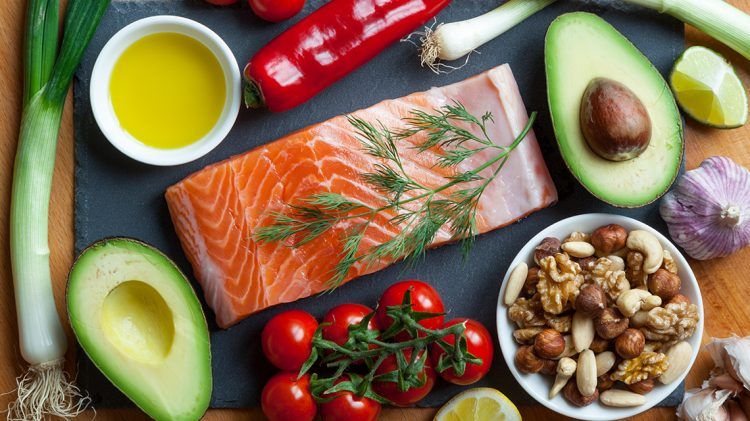Project3: Race like a Pro
PUMA empowers sub-elite marathoners with pro-level coaching, gear, and rewards

Loading up on fruit
Despite being packed full of vitamins, minerals and fibre, fruit is loaded with sugar in the form of fructose. While 1-2 serves of fruit a day is recommended as part of a balanced diet, a bowl of fruit salad can add approximately 25-30g of sugar to your day. For adults, that is over half the daily recommended sugar intake consumed in breakfast alone.
Always aim to eat real fruit rather than drinking fruit juice. The fibre in real fruit makes it difficult to eat 4-5 oranges in one sitting. But by removing the fibre through juicing we can easy gulp down the same number of oranges in an 8oz glass (approx.1 cup). A liquid containing all the sugar with none of the natural fibre? That is a recipe for weight gain. Stick to a maximum of 2 pieces of fruit per day if you’re looking to reduce body fat.
Skipping H20
The human body is up to 50-75% water. In fact, water plays a vital role in almost every bodily function. Weight management is no exception. Staying hydrated is found to boost metabolism, help eliminate bodily waste and reduce appetite.
Another contributing factor is that the body can often confuse thirst with hunger which can result in mindless consumption of excess calories.
Aim to drink approximately 2-2.5L of water per day, and even more if you are active, in a hot, humid climate or consuming caffeine or alcohol. Keeping a drink bottle nearby during the day may help you to keep track of your water consumption.
Over eating (portion size)
A common clean eating mistake is eating all the right things, but in excess. This is an easy mistake to make and also an easy one to fix. A common practice to help reduce portion size is reduce the size of the plate or bowl you are serving into. But how much is too much? A basic way to measure is by using your hand. The below recommendations are for women. Men are advised to double the serving size*.
Protein – palm of your hand
Vegetables – clenched fist
Carbohydrates – cupped hand
Added fats – thumb
*These recommendations are for the average adult. Make sure to alter the portion size to match your activity levels.
Eating too often
To avoid eating too often throughout the day try Intermittent Fasting. Studies show that as little as 12 hours of fasting per day (including the time spent asleep) is shown to produce health benefits. The benefits of intermittent fasting can be attributed to both longer time periods without food and eating the evening meal earlier which gives the digestive system time to rest and reset overnight.
New research has linked intermittent fasting to improved gut health, mood, immune system function, increased metabolism and body fat loss.
A happy gut makes healthy weight loss much easier.
Restrict & binge cycle
The classic restrict/binge cycle can lead to very poor results, personal frustration and feelings of resentment. This cycle is typical of those who feel deprived during the week and blow out over weekends. Extreme restriction can negatively impact upon metabolism and store fat as a response to the stress. By eating in a more balanced way during the week not only do we avoid unnecessary stress but also we reduce the urge to binge, making way for healthy progress.
Make sure to listen to your body and focus on your daily energy demands.
Image by IGphotography/iStock